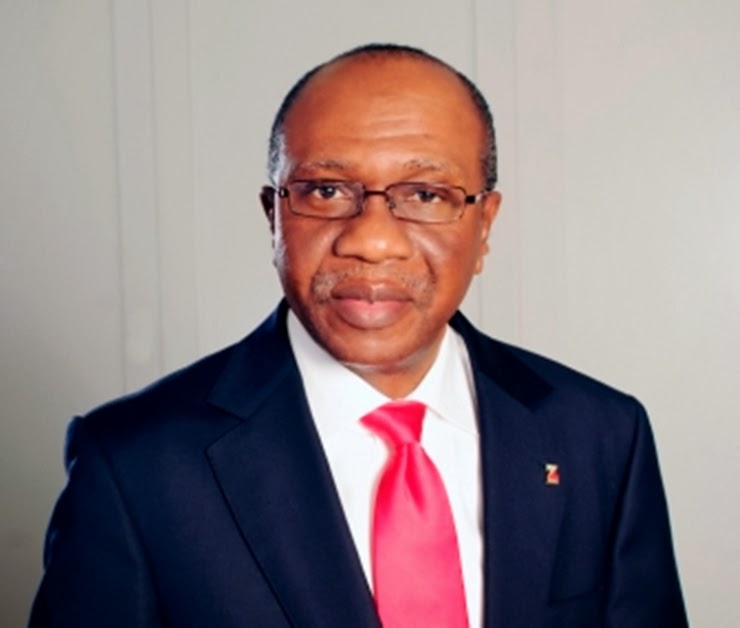The Retail Council of Nigeria (RCN) on Monday appealed to the CBN to relax its foreign exchange policy on imported items to sustain the growth of the retail sector.
The Secretary of the council, Alhaji Kunle Hamzat, told the News Agency of Nigeria (NAN) in Lagos that sustainability of the retail sector was being threatened by stringent policies of the apex bank.
“We understand that forex is not available and you cannot give what you do not have but in apportioning what is available, the retail sector is neglected.
“The suppliers of goods that we sell are not given the desired attention by the CBN.
“The low supply and fluctuation in the exchange rate have made it impossible for our suppliers to give us sufficient goods and whatever is supplied is always at very high prices,” Hamzat said.
NAN recalls that the CBN had embargoed the sourcing of forex officially for 41 imported items.
The items include cement, margarine, palm kernel/palm oil products, vegetable oils, toothpick, glass and glassware.
Others are meat and processed meat products, turkey, private airplanes/jets, Indian incense, tinned fish in sauce, sardines and cold rolled steel sheets, among others.
The Governor of the CBN, Mr Godwin Emefiele, said the action became necessary to stimulate domestic production.
He explained that the apex bank would be vigilant and do a periodic review of the restricted items until it was satisfied that the excluded items were produced locally.
It is estimated that Nigerians spend $1.3 trillion every year importing items like rice, fish, sugar, wheat and toothpick.
Hamzat said the policy had led to depletion of goods in most stores, causing store managers to conceal the shortage of goods through re-arrangement of stores.
“There are no more goods to display on shelves in stores, the variety of goods have reduced.
“Where we usually have more than 20 items on display, we fill the space with one item so it does not look empty.”
Hamzat said that the policy had not only adversely affected supermarkets but all other types of retail outlets, including fashion, accessories, watches, fragrances, home-wares and e-commerce.
The secretary urged government to strengthen and sustain the growth of the retail sector through the formulation of positive economic policies.
A 2014 report by the Mckinsey’s Global Institute puts Nigeria’s current yearly retail consumption at 388 billion dollars with a projection to rise to 1.4 trillion dollars by 2030.
According to the Federal Ministry of Industry, Trade and Investment, N205.4 billion ($1.26bn) worth of investment was attracted into the retail sector of the country between 2012 and 2013. (NAN)




 Premier League
Premier League